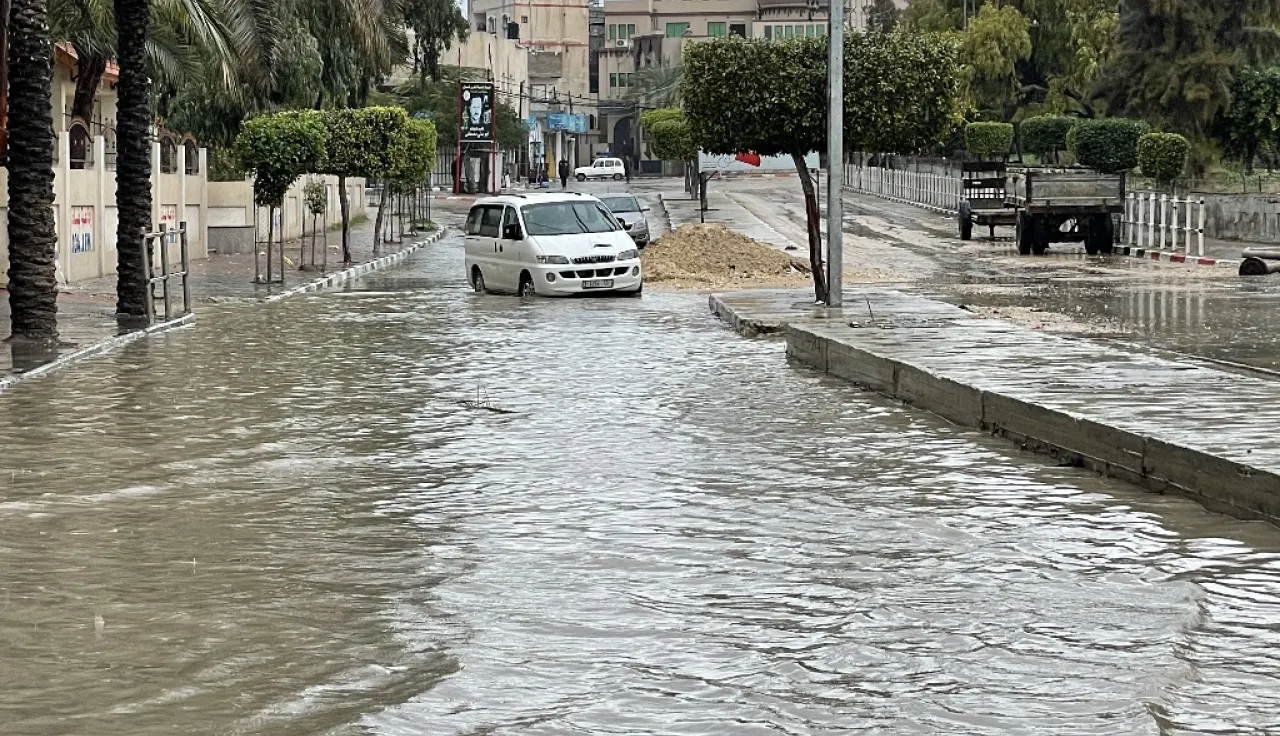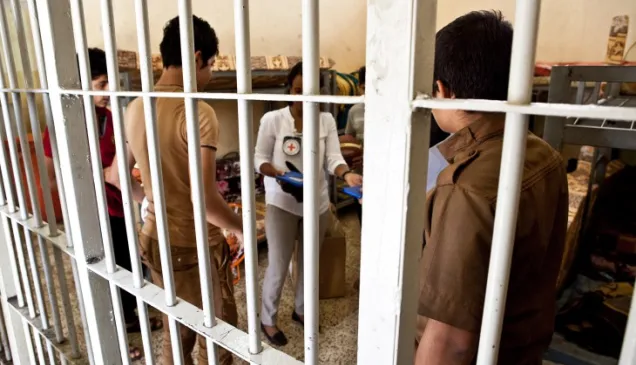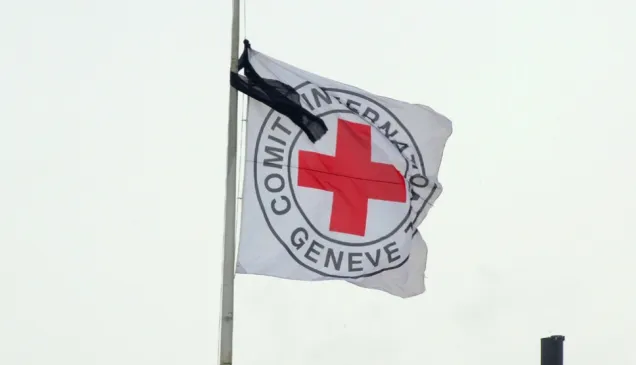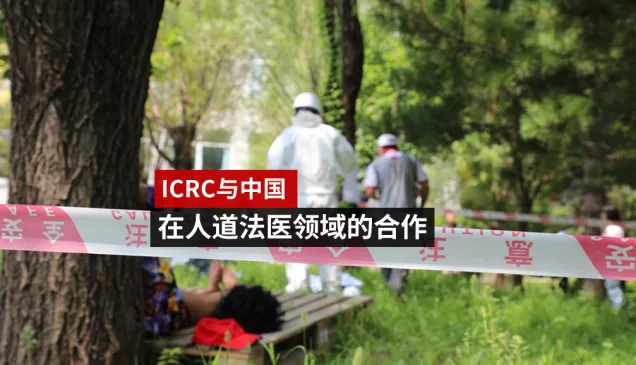Gaza: on the frontlines of climate change

While climate is changing everywhere, it is people living in fragile environments who are most severely affected. We recently co-organised a workshop with thinktank INSS to explore the issue.
Fathi can't sleep at night. As a lifelong resident of the Gaza coast, he has witnessed the edge of the Mediterranean getting closer and closer to his doorstep.
Climate change also affects the life of Husam, a Gazan farmer, who has had to find innovative ways to protect his strawberries from unprecedented downpours of rain.
As an organisation working in regions affected by conflicts and violence across the globe, the ICRC sees first-hand that while climate is changing everywhere, it is people living in fragile environments who are most severely affected.
This is what we see in Gaza today, where the effects of climate change exacerbate serious humanitarian needs resulting from an unresolved conflict.
But it is difficult to prioritise climate issues where there are more immediate needs that must be answered, like security, access to food, clean water and electricity. Ambitious, concerted and long-term efforts tend to be limited in such places.
For many people in the Gaza Strip, extreme weather events and the rise of sea levels are not just headlines from a climate change report—but a fact of life.
This is why on 23 March 2022 we held a one-of-its-kind workshop about the impact of climate change on the humanitarian situation in Gaza. It was held in Tel Aviv and co-organised with the Institute for National Security Studies (INSS), one of the largest and most prestigious Israeli thinktanks with a focus on military-diplomatic issues.
The workshop brought together climate change experts, Israeli and Palestinian stakeholders, representatives of international organisations and the humanitarian community, hoping to pave the way for a common understanding of the problems and possible solutions.
The participants discussed current and future impacts of climate change on Gaza, such as water salinity, beach erosion and electricity shortages and addressed several solutions already in place or needed for the future. The workshop also helped frame climate change as a security threat multiplier in an already-vulnerable region.
Through this workshop and other initiatives, we aim to refine our understanding of short and longer-term risks and adapt our responses.
In Gaza, we are working to strengthen the resilience of infrastructure and systems—as well as the people it supports—for future shocks and stresses resulting from both hostilities and the impacts of climate change.
Useful links:
- Climate change and conflict:
https://www.icrc.org/en/what-we-do/climate-change-conflict
- Climate and environmental charter for humanitarian organisations:
https://www.climate-charter.org/



